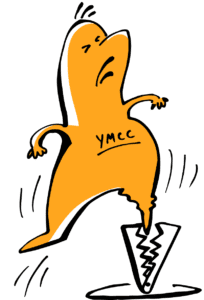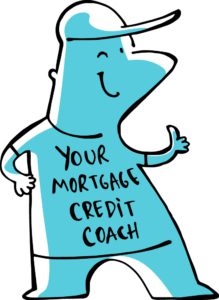Last week, we discussed four common credit traps good people fall into. Now let’s look at four more:

- Applying for every credit card. So, you stroll into a store and the clerk says, “Hey, we’ll give you 20% off today if you apply for this card…and this card…and this card…” Pretty soon, you have all these credit pulls. To a creditor, it looks like you’re expanding your borrowing, and they’ll start shouting, “Code red!” So, stop applying for so much credit.
- Expecting magic when it comes to correcting your credit problems. Your history is your history. You can’t trick or fool people. You must be realistic. Cleaning up your credit history takes time. It also takes acceptance that you put yourself in this position.
- Closing accounts when they’re paid as agreed upon. Believe it or not, it isn’t good to close an account that’s already open and being paid as agreed.
- Remembering to have written agreements in place with collection companies and creditors. It’s unfortunate, but a lot of these “baddies” are not always the most upstanding individuals. So, play it safe, and put everything in writing.
By avoiding these common traps, you’ll prevent a lot of credit issues.
Ready to learn more about improving your credit score and apply for a home loan? Download our free Home Mortgage Success worksheet.
